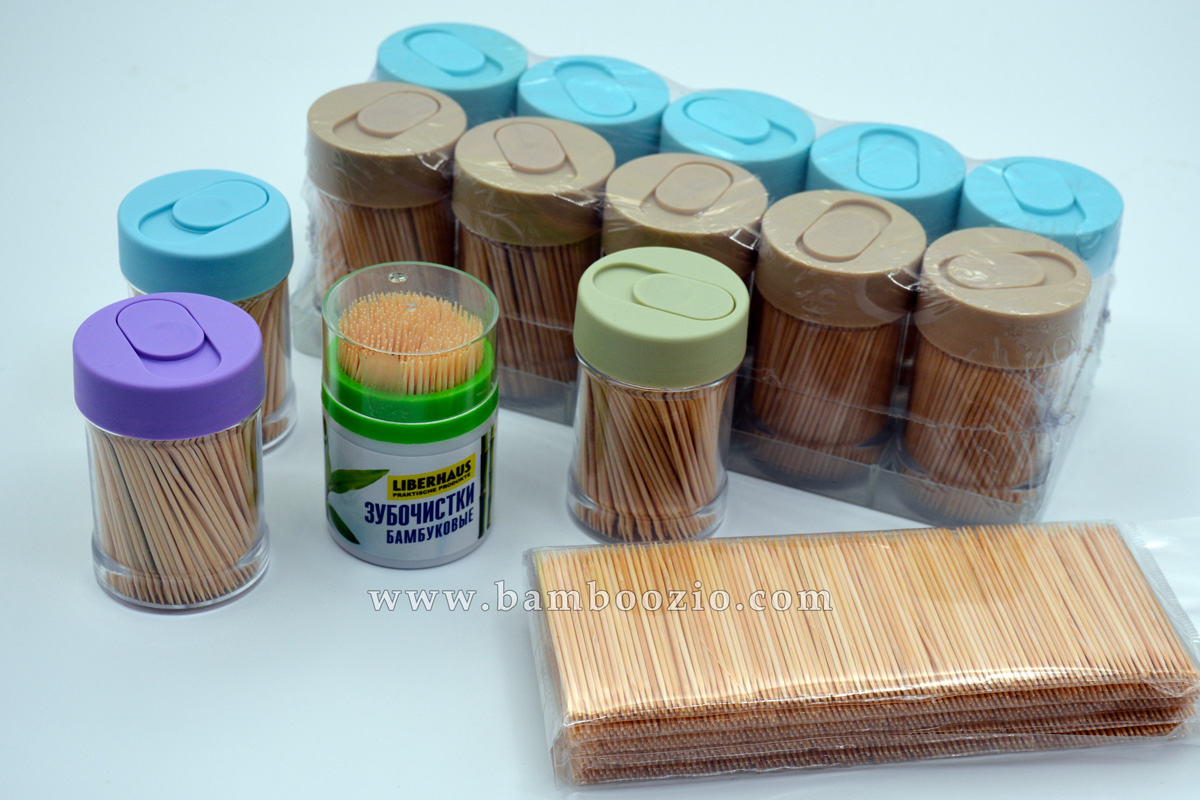
Using disposable toothpicks does indeed burden the environment, which is mainly reflected in the following aspects:
1. Pollution in the production process
In the process of producing disposable toothpicks, the use of chemical substances and the discharge of wastewater will also pollute the environment. These chemicals may include bleach, preservatives, etc., which may remain on the toothpicks during the production process, which not only poses a potential threat to human health, but also may pollute water sources through wastewater discharge.
2. Garbage disposal pressure
Disposable toothpicks are often discarded at will after use and become part of urban garbage. These toothpicks occupy a lot of landfill space, which puts pressure on garbage disposal and landfill. At the same time, the small shape of toothpicks also makes them easy to pierce garbage bags during garbage disposal, increasing the difficulty and cost of garbage disposal.
3. Potential impact on the ecosystem
Disposable toothpicks that are discarded at random may also pollute soil, water sources and ecosystems. Toothpicks may release harmful substances during decomposition, affecting soil quality and plant growth. In addition, toothpicks may be eaten by animals by mistake, causing harm to wildlife.
4. Alternatives to environmentally friendly toothpicks
In order to reduce the impact of disposable toothpicks on the environment, some companies and individuals have begun to try to find more environmentally friendly alternatives to toothpicks. For example, toothpicks are made of recyclable materials (such as metal, glass or plastic, etc.), which have less impact on the environment during production and processing, and can be recycled and reused. In addition, bamboo toothpicks are also considered a more environmentally friendly option because bamboo grows quickly and is highly renewable.

